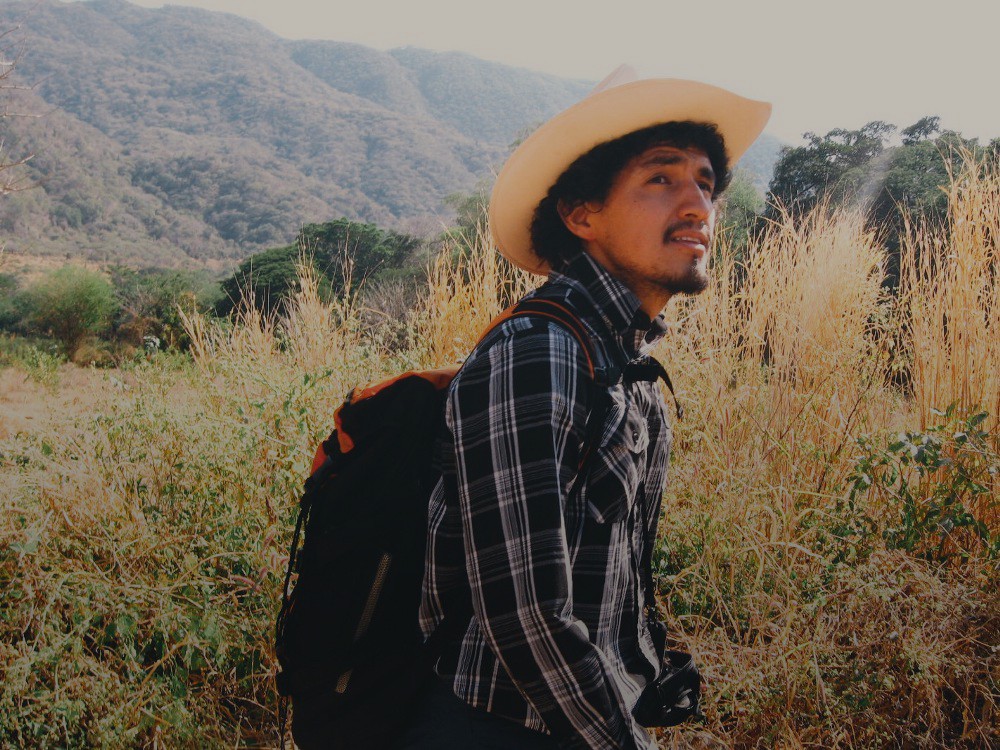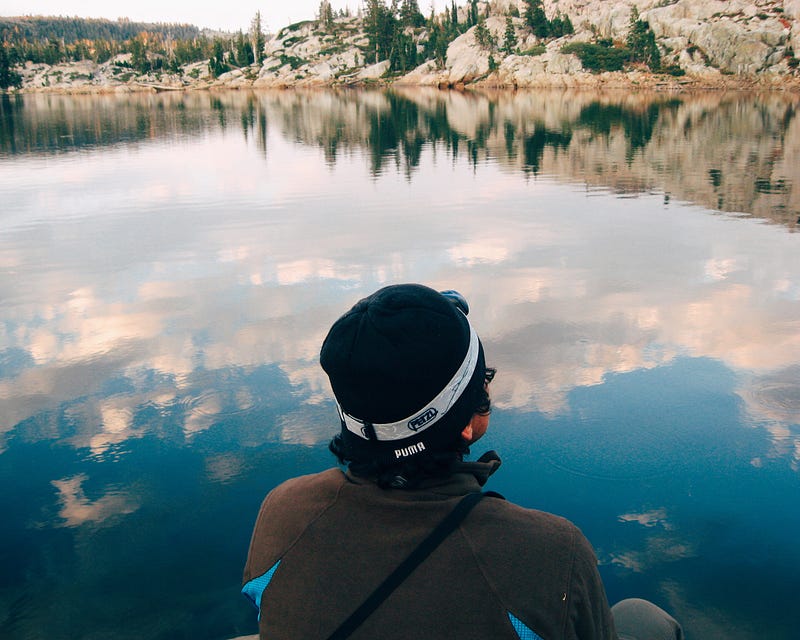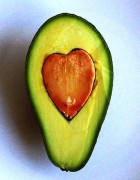There’s a Little “Wild” Out There For All of Us

*What is a Chicano environmentalist? It’s not that far-fetched an idea. VL
 By Jose G. Gonzalez, Medium
By Jose G. Gonzalez, Medium
Growing up, my memories of the outdoors are a combination, a blend, amestizaje of a childhood in Mexico and California. I was born in Mexico, and I recall joining my grandparents as they hiked to their potrero, the plot of land in the countryside where they grew corn, peanuts, and other crops. I would often help with some of the harvest, but I spent just as much time chasing grasshoppers in the fields and lizards in the rock fences.
The outdoors was all around me as a kid. It was my way of life. My grandparents made their living, selling what they harvested. I would eat what we grew. I could run around in the dry creek bed behind our house. I could swim in the river that cut through our small rural town as my family fished and washed blankets. I ran through the countryside on my way to school, and I picked fruit from our backyard orchard or sometimes from the trees lining the roads into town.
[pullquote]Everyone’s relationship with the outdoors is both local and global.[/pullquote]
Latinos perceived as disconnected with the outdoors
Later in life, when I would go online and type in “Latinos and outdoors” into a search engine, I would not see the stories I was looking for. I did not find Latino-led organizations that were doing for the outdoors what other groups were doing for issues such as immigration, health, and education. Yet, I thought, we are not a one-issue community. And I knew we are not as limited as we are perceived in terms of our connection with the outdoors.
Everyone’s relationship with the outdoors is both local and global. We can see ourselves connected to it through our neighborhoods or through social concern and stewardship for far away spaces like the Arctic National Wildlife Refuge. Both settings incorporate the wild through experience and imagination, and both can be locally intimate and individualized through an awareness of their existence.
We’re all connected to the outdoors. But somewhere along the way, that connection can get lost in translation. People simply don’t know all that’s available to them.
A connection with nature
When I moved to the U.S. and settled in the Central Valley of California, my outdoor life both expanded and contracted. I was 9, and my parents were in search of better economic opportunities. My dad had already been in the U.S. for a few years and wanted us to follow him to reunite the family. Coming over with my mom and my brothers, I didn’t have a complete picture of the new environment into which I was being transplanted.
We moved to the suburbs of a town surrounded by agriculture but in a completely different way from what I knew in Mexico. The outdoors became very recreational. There was a river we would visit — it was actually part of a refuge managed by the U.S. Fish and Wildlife Service. I became aware of the outdoors as protected spaces and how they can be preserved, majestic landscapes. This created a distinction of how I could engage with these new areas — different from just running into the hills as I would often do when I was younger. The idea of traveling to these places became part of the narrative. Now the fields in the valley were a place for hard work, not enjoyment. My backyard was no longer a dry creek bed but another row of apartments. Through school trips, I connected with the majesty of sequoias and redwoods, and then later on in college I would have the privilege of traveling to various regional, state, and national parks and discovering a variety of outdoor activities, from hiking to trail running to camping to backpacking.

Connecting to the outdoors in these new ways, I reflected on how I experienced it in the first place, as a kid. Not many from my community were represented in these excursions, and this difference was both a challenge and opportunity. My mentor, a conservationist who was deeply rooted in Latino community issues, said, “The higher you go up the mountain, the whiter it gets, and I’m not just talking about the snow.” I was disconcerted by that statement. If he was telling me this, why is this narrative out there? How could we change it? What are the disconnects we see and hear?
[pullquote]The idea was simple: foster a love for the outdoors among Latinos but also seek out the connections that were already there.[/pullquote]
Connection becomes activism
I didn’t see the true impact I could make until I was in college. As an undergrad, I had the wonderful experience of working with the California Mini-Corps Program, which has an outdoor education organization that served migrant students. Here I was, someone who came from a similar background: English language learner whose parents worked in the fields or did something similar and the first in his family to go to college. Now I was responsible for teaching them about the outdoors. I saw myself in them and realized I could be a role model. This was one of several ways in which I connected with others who loved the outdoors as much as I did.
I began talking about my experiences. A lot.
I started a blog, Latino Outdoors, as a way to tell my stories of connecting to the outdoors. It was a hub to engage with others, a place where a love for the outdoors would resonate. The idea was simple: foster a love for the outdoors among Latinos but also seek out the connections that were already there.
The response has been amazing.
We have volunteer staff in several states from coast to coast. We work with passionate individuals representing community-based organizations and parks to demonstrate and celebrate how Latinos can define their identity in relation to the outdoors. Whether it’s putting our connection to land in action through urban farming, unearthing our relationships to the outdoors through history, or showcasing someone’s entry into mountaineering, we are holding up our stories as a diverse thread in the broader narrative of who belongs in the outdoors. The answer, certainly, is everyone. The outdoors is for all, and it is more empowering when we create opportunities and support one another’s voices in this work, welcoming each other into our respective stories.
This article was originally published in Medium.
 Jose Gonzalez, the Green Chicano, was born in Mexico and came to the US around 9 or 10. His family was and continues to be poor and we are continually challenged being immigrants in this country. He is the first in my family to attend and graduate from college and graduate school. The pursuit of higher education, he says, will continue as best as he is able. He is a teacher by training, an artist by pursuit, a Chicano by identity, Mexicano by heritage. He aspires to many things, but overall he wants to contribute to a better world. He seeks to connect with people who want to strengthen communities around issues of education, conservation, and culture.
Jose Gonzalez, the Green Chicano, was born in Mexico and came to the US around 9 or 10. His family was and continues to be poor and we are continually challenged being immigrants in this country. He is the first in my family to attend and graduate from college and graduate school. The pursuit of higher education, he says, will continue as best as he is able. He is a teacher by training, an artist by pursuit, a Chicano by identity, Mexicano by heritage. He aspires to many things, but overall he wants to contribute to a better world. He seeks to connect with people who want to strengthen communities around issues of education, conservation, and culture.


